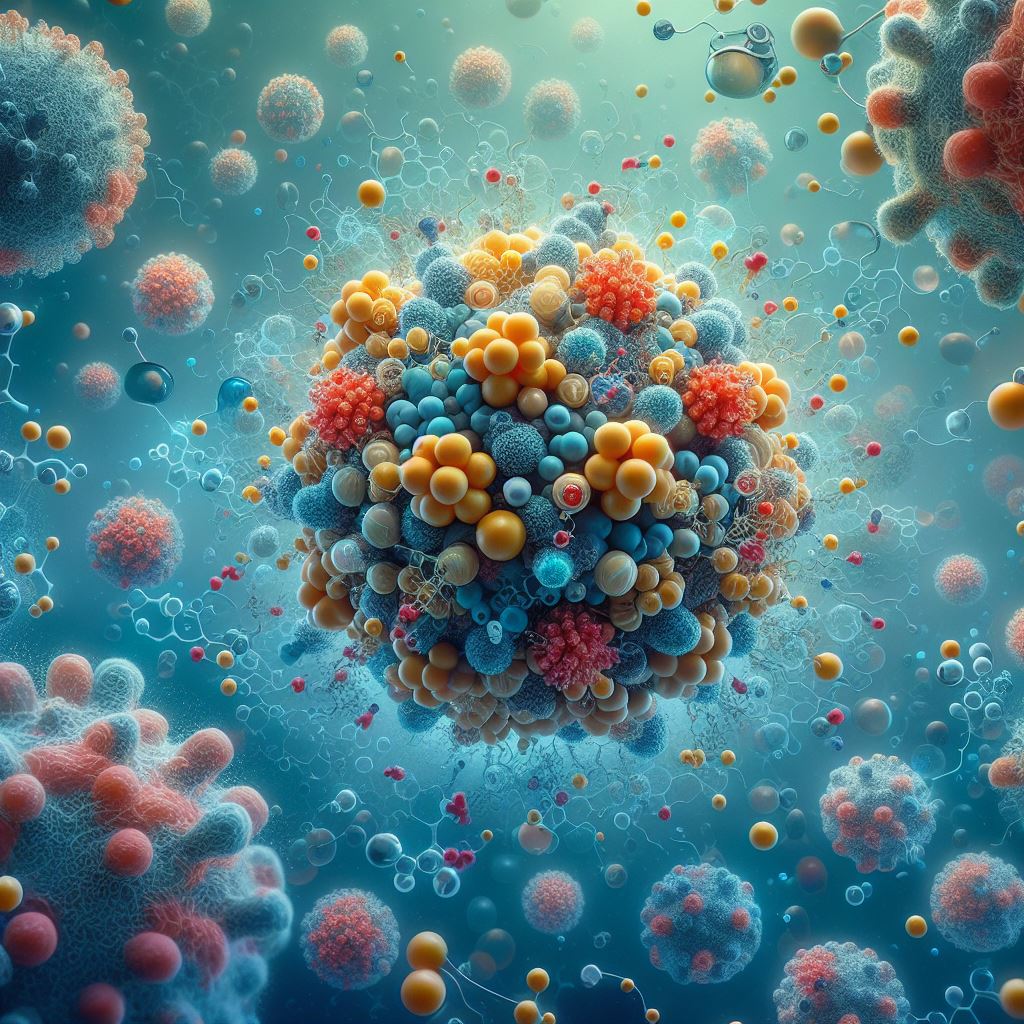Generative artificial intelligence models are prone to hallucinations and create information that is fictional or imagery. Considering the rising tide of AI misinformation, this habit is considered a flaw. But just like the artificial diamond was invented unintentionally when scientists were trying to achieve super pressurized and heat conditions like the earth’s mantle, hallucinations are also proving helpful for scientists to discover new drugs.

AI hallucinations and new chemical discoveries
According to the experts, it is estimated that almost 5 million deaths have some connection with antibiotic resistance globally, so new ways are essential for fighting the resistant bacterial variants, and that on an urgent basis. Researchers from McMaster University and Stanford Medicine School have developed a new model that discloses potential solutions for life threatening bacteria that are resistant to antibiotics.
The model is named SyntheMol, and according to the study report from Stanford,
“SyntheMol created structures and chemical recipes for six novel drugs aimed at killing resistant strains of Acinetobacter baumannii, one of the leading pathogens responsible for antibacterial resistance-related deaths.”
Source: Stanford University.
James Zou, associate professor of biomedical data science and also co-author of the study, says there is a huge need to develop new antibiotics as fast as we can for public health. The researchers have validated the new compounds developed with the model on an experimental basis.
Zou also mentioned that their hypothesis was that there are many potential molecules that could be converted into effective drugs, but they haven’t tested them or not even developed the molecules yet, and that is the reason why they want to use AI to make molecules that do not exist in nature.
SyntheMol is discovering new possibilities

Before generative AI, researchers used to adopt different computational approaches for the development of antibiotics. They used algorithms to run through drug depositories and recognize the compounds that had a chance to act against a pathogen they wanted to kill.
With this method, they were able to filter through 100 million compounds that were already known, this also produced results, but it was not a deep process to find all the chemical compounds that could prove helpful against bacteria.
The co-lead author on the study and a doctoral student at Stanford for computational science, Kyle Swanson, says that the chemical space is gigantic.
“People have estimated that there are close to 1060 possible drug-like molecules. So, 100 million is nowhere close to covering that entire space.”
Source: Stanford University.
As said at the start, AI’s tendency to hallucinate can be used to discover new drugs, as it was being used to develop new compounds, but now it is producing compounds that would have been impossible to make in existing, says Swanson. Researchers also had to put guardrails around the model so that they could artificially develop any molecule that the model imagined.
Zou says that this model is teaching them about an entirely new part of the chemical field by designing new molecules that humans were not aware of. Zou is also refining the model with Swanson to use it for heart drugs and for creating fluorescent molecules with new properties for lab research.
Stanford University’s note on the topic can be seen here.




